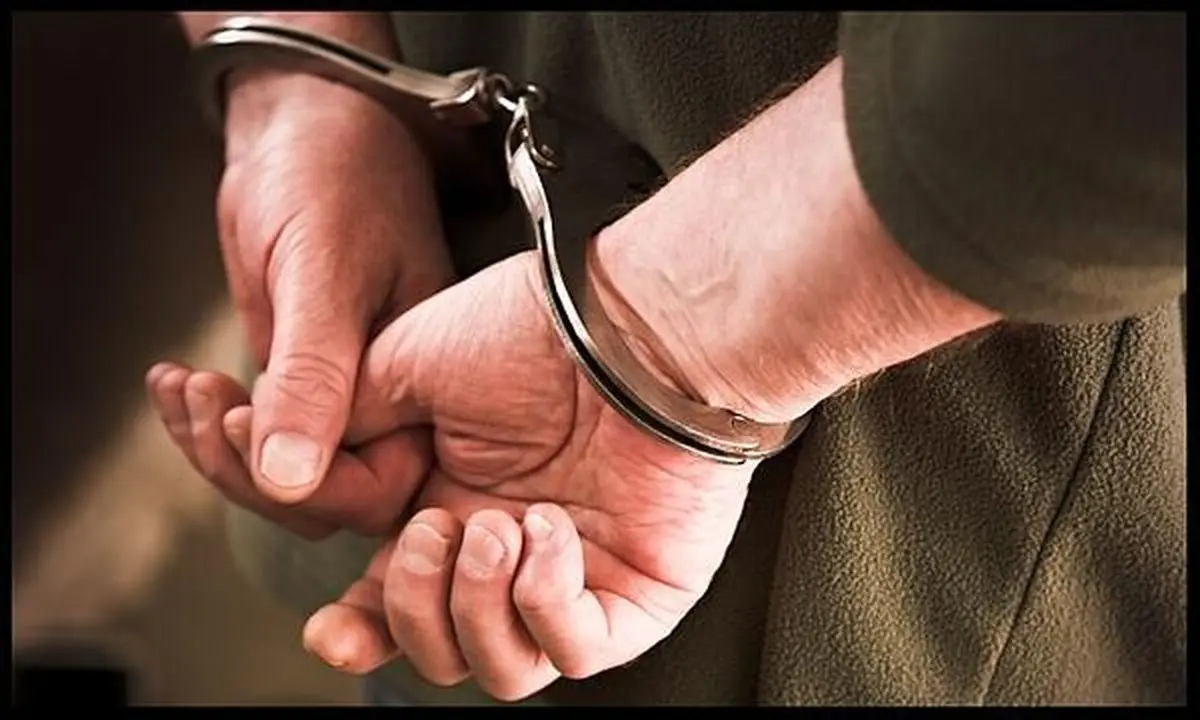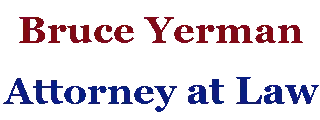
Table of Contents
Why You Need an Arrest Lawyer
An arrest lawyer protects you by:
- Guiding you through the arrest process;
- Investigating your case; and
- Preventing critical mistakes, like incriminating yourself to police.
Protection During Arrest
Getting arrested is the most stressful part of being accused. Stress cloud your judgment and lead you to make bad decisions. Don’t let it.
For example, you might talk – knowing that you should never speak to the police. You might consent to police searching your home, your car, or your smart phone – wrongly believing that you’ll be released if you cooperate.
Protect yourself. When police charge you with a crime, hire an arrest lawyer to help you avoid making bad decisions.
The Arrest You Know Is Coming
Some arrests occur with advance notice.
You might find a business card on the floor when you come home from work. Someone slid it under your door. Printed on the front: “NYPD”, a detective’s name, and a phone number. Handwritten on the back: “Important. Please call.”
Or maybe you receive a phone call. You don’t recognize the number, or the caller ID is blocked. You answer. It’s a police officer. He wants you to come down to the station. “When’s a good time?” he asks.
In situations like this, you have an opportunity to prepare for the arrest.
Unexpected Arrests
In New York City, most arrests occur unexpectedly, without notice. You have no opportunity to prepare.
There are numerous ways this might happen.
Police Observe an Incident
Some crimes occur in the presence of police officers.
For example, when stopping a driver for a traffic infraction, a police officer might observe that the driver is intoxicated. The officer will arrest the driver for DUI committed in the presence of the police officer.
The driver has no opportunity to prepare for this arrest.
Civilian Observes an Incident
Some crimes occur shortly before police arrive at the scene.
For example, neighbors might call 911 and report hearing a violent argument next door. When police arrive, a woman reports that her boyfriend pushed her, causing her to stumble and hit her head on a door frame. Observing a purple bump on her forehead, police will arrest the boyfriend, who is also in the apartment, and charge him with assault.
The boyfriend has no opportunity to prepare for the arrest.
I-Card, Bench Warrant, Arrest Warrant
Police might be looking for you without you knowing it, by way of “an i-card”, “a bench warrant”, or “an arrest warrant”.
Grand juries sometimes file “sealed indictments”. The indictment charges you with a crime. However, you don’t know that you’re charged because the indictment is sealed.
A sealed indictment results in an arrest warrant. The warrant might, authorize police to break down the door to your home and arrest you inside.
You have no opportunity to prepare for the arrest.
Who Hires Your Lawyer?
If you’re arrested unexpectedly, you probably won’t have an opportunity to hire an arrest lawyer yourself. Someone who cares about you will have to hire a lawyer for you.
If no one hires a lawyer for you, a court appointed lawyer will represent you your arraignment.
If you’re arrested with advance notice, you’ll have an opportunity to hire a lawyer yourself, before you’re arrested.
Your Lawyer’s Response to Your Arrest
Notify Police You Have a Lawyer
Whether you’re in police custody or preparing to surrender, the first thing your arrest lawyer should do is inform police that you have a lawyer. This notification should happen immediately, hopefully before police start interrogating you. When police become aware that you have a lawyer, all questioning must stop.
Your lawyer’s first notification should occur by phone – “I’m John Doe’s lawyer. Don’t ask Mr. Doe any questions” – followed by written notification sent to the precinct by fax or email.
When speaking with the arresting officer, your lawyer should try to determine the charges.
Prepare You for Arrest
If you’re preparing to surrender, your lawyer should:
- Thoroughly inform you about the arrest process.
- Arrange the date, time and location of your surrender with the arresting officer.
- Try to persuade the arresting officer to issue a “desk appearance ticket”.
- Instruct you not to speak to the police.
- Instruct you to bring nothing with you to the precinct (especially not your phone), except for one piece of government-issued photo ID.
- Instruct you how to demand a lawyer while you’re in custody.
- Explain what happens at “arraignment”.
- Explain how “bail” works.
- Reduce your anxiety by answering every question you have.
Preserve Evidence
You and your arrest lawyer should discuss evidence that might exist in your case.
Certain types of evidence gets destroyed. For example, favorable surveillance video might be deleted automatically after a short period of time. You need to preserve such evidence before that happens.
Your lawyer should immediately subpoena favorable evidence. Don’t assume the police or the District Attorney will do this.
Prior to arrest, when your lawyer doesn’t have subpoena power, the lawyer should deliver a “preservation letter” to the owner of favorable evidence, instructing the owner to prevent it from being destroyed.
Arrange Cash Bail
Hopefully, the judge will release you without bail.
However, you should prepare for the worst-case scenario. Arrange to have someone in the courtroom at your arraignment with cash on hand, in case you need to post cash bail.
Free Consultation
Bruce Yerman is an arrest lawyer in New York City. His office is located in Suite 1803 of 299 Broadway in Manhattan. If you’d like a free consultation to discuss criminal defense or family law, call Bruce at:
Or email Bruce a brief description of your situation:
